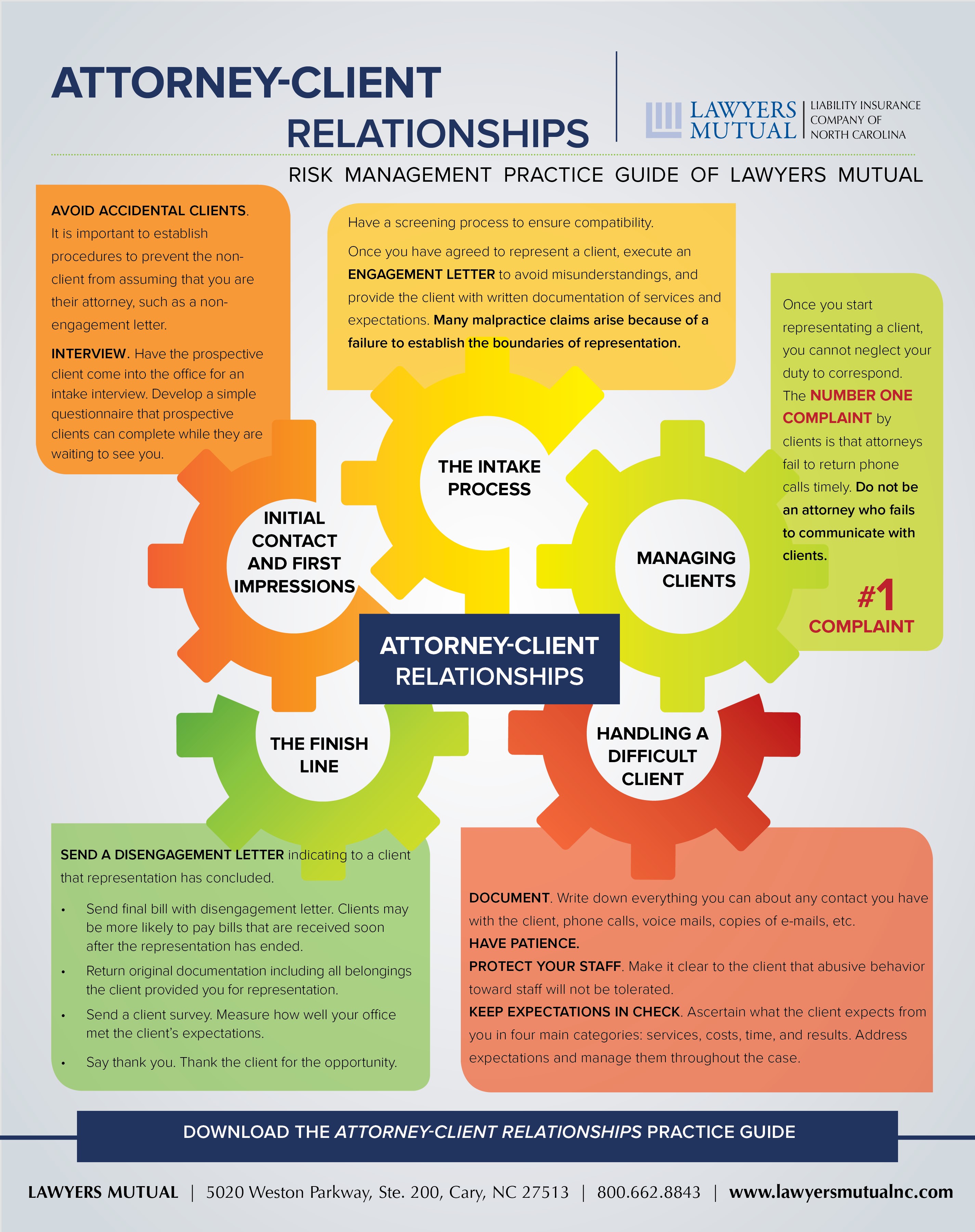Common Myths About Criminal Defense: Debunking Misconceptions
Common Myths About Criminal Defense: Debunking Misconceptions
Blog Article
Created By-Jeppesen Donnelly
You have actually probably listened to the myth that if you're charged with a criminal activity, you should be guilty, or that staying quiet ways you're concealing something. These prevalent beliefs not just distort public perception yet can additionally influence the results of legal process. It's essential to peel off back the layers of misconception to recognize the true nature of criminal defense and the civil liberties it protects. Suppose you understood that these myths could be dismantling the very foundations of justice? Sign up with the discussion and discover exactly how unmasking these misconceptions is important for guaranteeing justness in our lawful system.
Myth: All Accuseds Are Guilty
Usually, people mistakenly think that if someone is charged with a crime, they have to be guilty. You may presume that the lawful system is foolproof, yet that's much from the reality. Costs can stem from misconceptions, mistaken identifications, or insufficient evidence. It's essential to bear in mind that in the eyes of the legislation, you're innocent until proven guilty.
This assumption of virtue is the bedrock of the criminal justice system. It makes sure that the burden of proof lies with the prosecution, not you. They must establish beyond an affordable question that you devoted the criminal activity. This high standard safeguards individuals from wrongful sentences, guaranteeing that no one is punished based on presumptions or weak evidence.
Furthermore, being charged does not mean completion of the road for you. You deserve to defend on your own in court. This is where a competent defense attorney comes into play. They can test the prosecution's case, present counter-evidence, and advocate in your place.
The complexity of lawful procedures usually requires skilled navigating to safeguard your civil liberties and achieve a reasonable outcome.
Myth: Silence Equals Admission
Many believe that if you choose to continue to be silent when accused of a crime, you're essentially admitting guilt. Nonetheless, this couldn't be further from the truth. Your right to stay silent is shielded under the Fifth Modification to stay clear of self-incrimination. It's a lawful secure, not a sign of regret.
When you're silent, you're in fact exercising a basic right. This avoids you from saying something that could accidentally harm your protection. Remember, in the heat of the moment, it's easy to obtain baffled or speak improperly. Police can analyze your words in methods you didn't intend.
By staying quiet, you provide your lawyer the best chance to safeguard you properly, without the complication of misinterpreted statements.
Additionally, it's the prosecution's work to verify you're guilty beyond a reasonable question. Your silence can not be utilized as proof of regret. As a matter of fact, jurors are instructed not to translate silence as an admission of guilt.
Myth: Public Defenders Are Inefficient
The mistaken belief that public defenders are inadequate continues, yet it's critical to recognize their critical role in the justice system. Many believe that since public protectors are commonly strained with instances, they can't offer high quality protection. However, this forgets the depth of their dedication and knowledge.
Public protectors are completely licensed attorneys that've chosen to focus on criminal regulation. They're as certified as personal legal representatives and commonly more seasoned in test work because of the quantity of cases they handle. Suggested Web site could believe they're much less determined since they do not select their clients, but actually, they're deeply dedicated to the suitables of justice and equality.
It's important to remember that all legal representatives, whether public or exclusive, face difficulties and constraints. Public defenders frequently work with fewer sources and under more pressure. Yet, they continually demonstrate resilience and creative thinking in their protection approaches.
Their role isn't just a task; it's a goal to make sure that everyone, despite revenue, gets a reasonable trial.
Verdict
You may assume if someone's charged, they have to be guilty, yet that's not just how our system functions. Picking to stay silent doesn't imply you're confessing anything; it's simply wise self-defense. And don't take too lightly public protectors; they're committed experts committed to justice. Keep in https://devinufowe.wssblogs.com/34183575/prized-possession-comprehending-of-cyber-regulation-from-a-seasoned-lawyer-concentrating-on-internet-criminal-offenses , everybody should have a reasonable trial and experienced representation-- these are essential rights. Let's lose these misconceptions and see the legal system wherefore it absolutely is: a location where justice is sought, not just punishment dispensed.
